Analysis: How we are losing the war on illicit drugs
Nicotine addicts can’t smoke but drug addicts can go to an injecting room. We are losing the war on drugs, writes Ellen Whinnett.
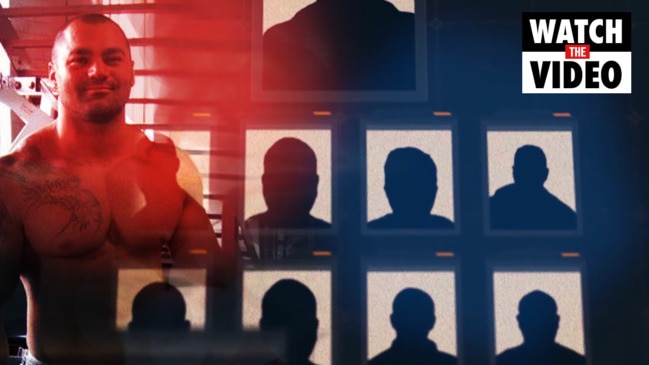
Crime in Focus
Don't miss out on the headlines from Crime in Focus. Followed categories will be added to My News.
Analysis: Nigel Ryan is one of the Australian Federal Police’s most experienced and respected organised crime fighters. So when he says we are not treating organised crime seriously enough, we should listen to what he has to say.
In today’s News Corp papers, Mr Ryan, the AFP’s crime command Assistant Commissioner, says Australians treat organised crime with a “casual indifference.’’
He’s referring to the syndicates who are responsible for bringing tonnes of drugs – billions of dollars’ worth of methamphetamine and cocaine, mainly – onto Australian shores, and selling them onto the streets.
It’s likely that Mr Ryan’s comments comparing and contrasting the response to organised crime with terrorism will be controversial. That’s okay – it’s a good debate to have.
But any controversy shouldn’t obscure the entirely valid point he makes about how Australia responds to organised crime.
Consider the reaction in the Australian media, in political circles and in the public arena when terrorist plots are disrupted, then compare that to how we react when a drug-trafficking gang is busted.
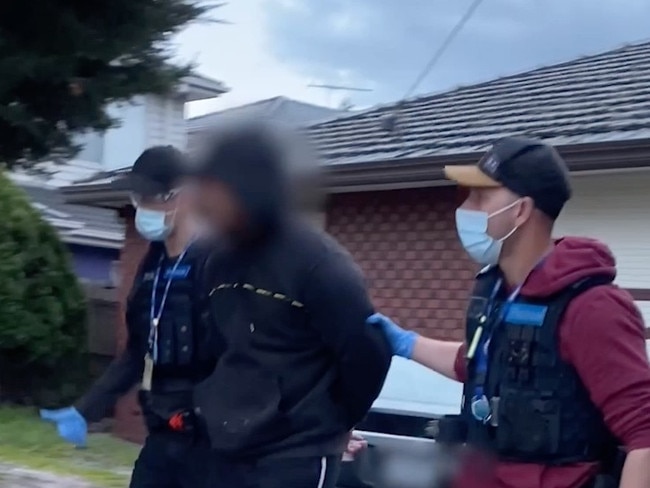
The drugs that organised crime figures and their networks peddle will kill thousands of people through overdoses, violence and accidents. The people responsible for these are Mafia figures, members of gangs, bikies and international drug-traffickers.
Yet Australia lacks a coherent, national strategy to tackle the harm being caused by illicit drugs to families, to the health system, and to Australia’s economy.
Social harms such as substance abuse need to be addressed at both the supply and the demand ends of the chain.
Police are doing their bit tackling the supply, with the Australian Federal Police and state and territory police forces doing their best every day to disrupt suppliers, arrest traffickers, catch those distributing it onto the streets, and stop the money-launderers, stand-over merchants and corrupt “trusted insiders’’ who facilitate the drug trade.
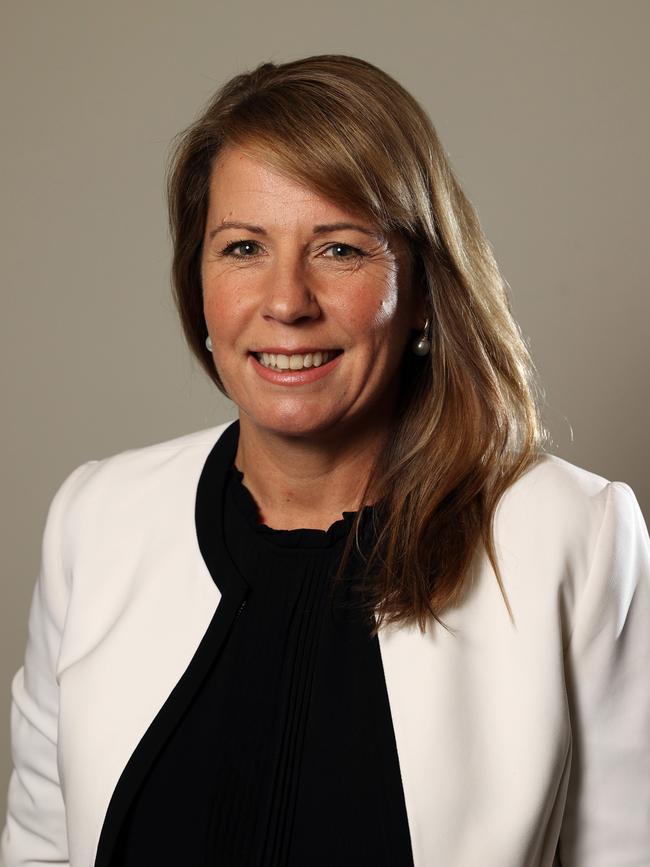
But Australia as a country is making no inroads in tackling the demand side.
It’s not impossible.
Take cigarettes as an example.
Since the ‘70s, Australia has recognised that tobacco addiction was costing thousands of lives annually and billions of dollars in health care costs.
Through political will (plain packaging, smoking bans, changes to advertising rules), higher taxes, strong, consistent health policy and great advertising, Australia has succeeded in making smoking socially unacceptable.
It’s taken decades, but smoking has gone from something done by glamorous Hollywood movie stars to a dirty habit that miserable-looking office workers can’t seem to kick.
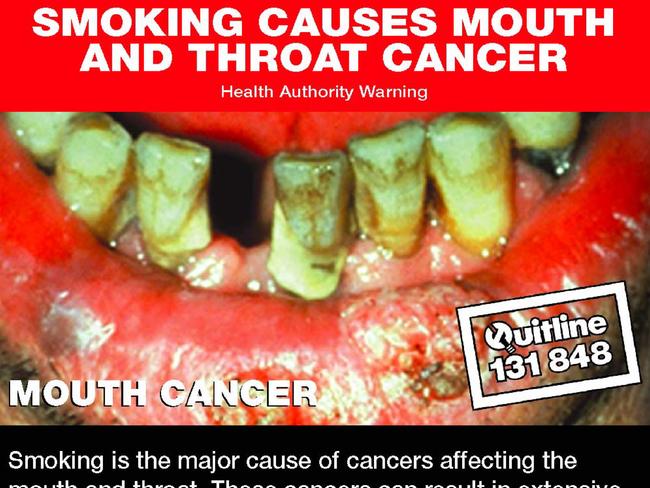
The National Tobacco Campaign, launched in 1997, is one of Australia’s longest-running public health campaigns, and responsible for significant reductions in smoking rates.
The health boffins behind it are clear in their vision – to cut the number of people killed by smoking (21,000 people in 2015 alone), reduce the health, social and financial impact in the community, and they use clear advertising, communicate in multiple languages, and never waver from their core message.
We all know every cigarette is doing us damage.
Compare this to how we treat drugs. Unlike cigarettes, drugs are illegal.
But not only do we fail to campaign against them, we have no meaningful national strategy to reduce drug use. To curtail demand.
Instead, we take a harm minimisation approach, which includes a push for pill-testing at music festivals. This sends the garbled message that while some drugs are bad, it’s okay to take those that pass the test. We even call some drugs “party drugs,’’ as if that makes it okay.
We provide taxpayer funded injecting rooms for addicts to shoot up under medical supervision.
Look no further than Melbourne to see the glaring inconsistencies in Australia’s official approach to human health and wellbeing.
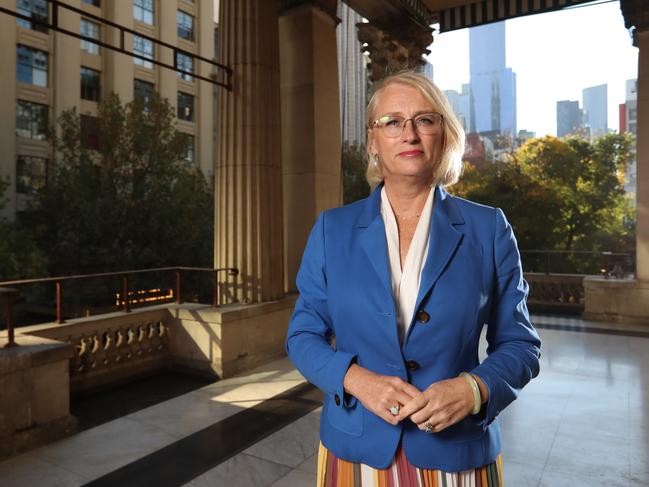
Melbourne City Council is currently looking to expand its 11 no-smoking zones across the central business district. This would make it difficult for smokers to find somewhere to have a cigarette, something the Lord Mayor Sally Capp says affects only 10 per cent of those in the city anyway.
She’s moving towards making Melbourne a smoke-free city. And good on her, because cigarettes bring nothing but addiction, illness, death and littering.
Yet at the same time, the Andrews State Government has spent around $45 million in taxpayer funds to buy a building right in the heart of the city to use as a second legal injecting room for drug addicts.
Nicotine addicts can’t have a smoke in Melbourne. But drug addicts are welcome to shoot up. Go figure.
Police cannot arrest their way out of this problem. Various “war on drug’’ campaigns over the years have mostly centred on arrests and campaigning for tougher jail terms. It didn’t address the demand issue.
Australia as a nation needs to decide it’s had enough of drugs and the misery they bring, and take a stand against it, as we did successfully with heroin in the late 1990s, and as we have done with cigarettes, drink-driving and driving without seatbelts.
Literally thousands of lives depend on it.
Originally published as Analysis: How we are losing the war on illicit drugs





